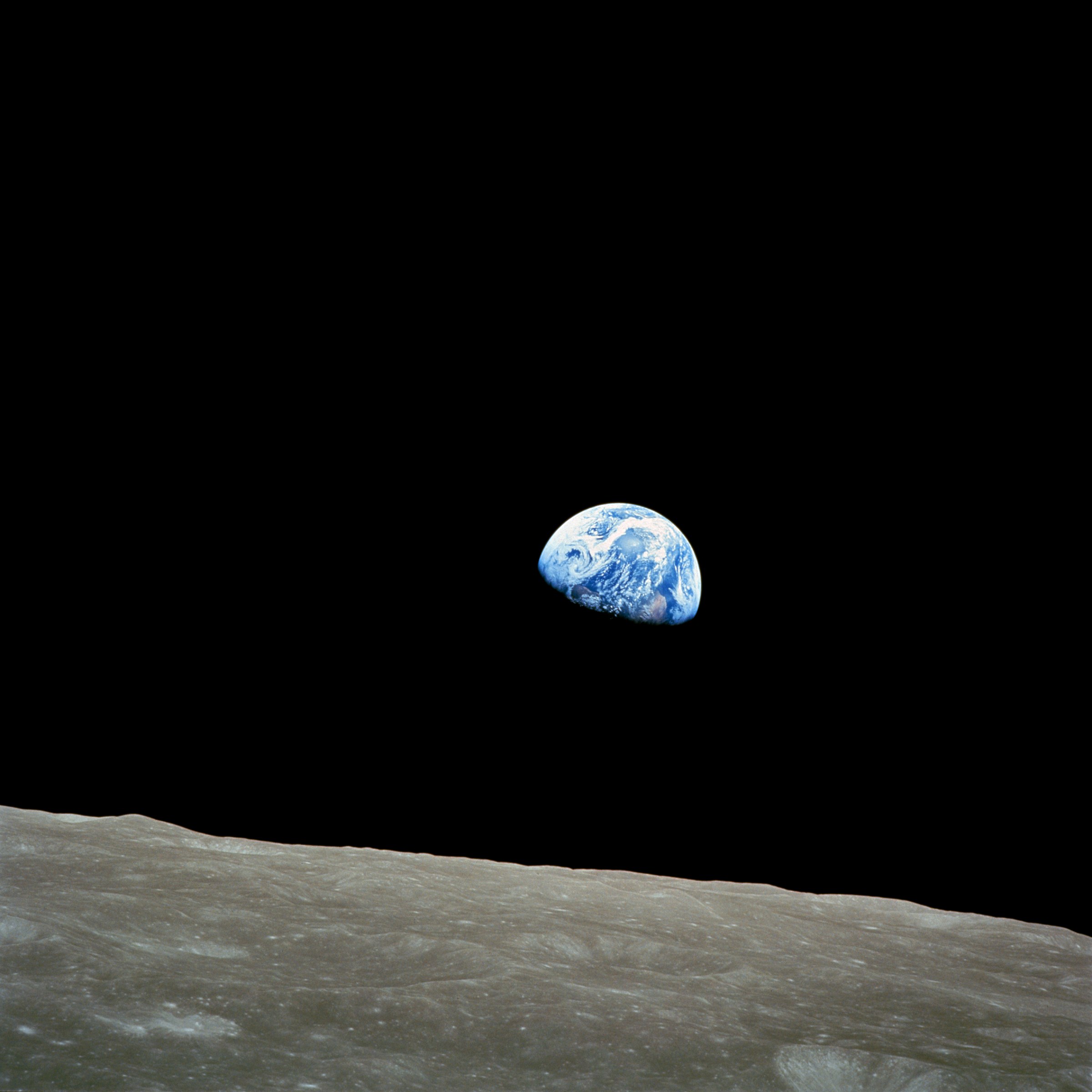50 reasons people give for believing in a god

On another thread, Caposkia indicated he would be willing to discuss this book with me. I did not want to make this a one on one discussion as I feel it might be interesting to have input from other people. I do request that we don't all gang up on Caposkia, however. Give him a break to participate in other threads, and I am certain he has a life elsewhere.
My thought is to go through Guy Harrison's book and discuss his responses to the 50 reasons in as much detail as we (Caposkia and I) feel is necessary. Some of the chapters we may have more in common with each other and Mr. Harrison, so the discussion may be very short. Other chapters we may have a lot to say to each other.
In order to respect copyright laws, I am not going to copy the entire text of any of the chapters here. Copies are available in print and electronic format for about $10 US. Please consider purchasing a copy - not pirating it - to respect the author. I will give a short summary of a chapter, we can discuss it to death, then move on to the next. If you are interested in seeing how accurate I am, feel free to purchase your own copy. Thanks.
Lastly, I am on Pacific Daylight Time and I, too, have a life elsewhere. Classes are over for the spring term and I am not taking a summer class, so I have time to give this discussion some thought. I will post up the first chapter summary tomorrow afternoon my time.
-- I feel so much better since I stopped trying to believe.
"We are entitled to our own opinions. We're not entitled to our own facts"- Al Franken
"If death isn't sweet oblivion, I will be severely disappointed" - Ruth M.
- Login to post comments

This doesn't even seem applicable, but I'll try to respond to it.
To know God does not suggest that we cannot or should not embrace the reality of the universe or the world around us. YEC"s are not a part of what I believe and it is said in scripture that we are miniscule in the grand scheme of things, but that God even knows when a single dove falls, so how much more important are we to Him then they?
The biggest mistake I've found non-believers to make is to assume that believers feel the need of a god/s/dess to "inspire, "transcent, "explain," and so on. But if God does exist, whether or not we feel a need for Him to inspire, transcend, explain etc. He still exists. We believe His existence is not dependent on us and our needs. Like the stars in the sky, He's there whether we find need for Him or not.
The question should be; 'Does He exist?' NOT; 'why should He exist?'.
I was not assuming that all believers feel this way, but I have spoke with some who do.
-- I feel so much better since I stopped trying to believe.
"We are entitled to our own opinions. We're not entitled to our own facts"- Al Franken
"If death isn't sweet oblivion, I will be severely disappointed" - Ruth M.
- Login to post comments

"It takes more faith not to believe in a god than to believe."
Unless you use a definition for religion that might include the local chess club, atheism is not a religion. Religion involves a belief in a deity - some atheists may say it might be possible for a deity to exist, but that does not imply belief.
Science is not a god - it can't be. Science is a process, the process of how we figure things out. No entity involved. So science is not some entity one worships, but a series of steps for figuring out how things work.
Atheists don't worship humans, either, as some believers have claimed. This might be from an aversion to secular humanism. Some believers get very uptight about secular humanism. Well, some non-believers do as well.
Mr. Harrison finds their principles to be positive and forward thinking. He finishes the chapter by confessing he has a belief about gods - they don't exist. He has no proof, he can't know this. But he believes it. But this belief is not his religion as he has none.
References
"The Affirmation of Humanism: A Statement of Principles." The Council for Secular Humanism, http://www.secularhumanism.org/index.php?section=main&page=affirmations.
Dawkins, Richard. A Devil's Chaplain. New York: Houghton Mifflin, 2003.
Robinson, B. A. "Definitions of the Word 'Religion.'" Ontario Consultants on Religious Tolerance, Religious Tolerance.org, http://religioustolerance.org/rel_defn.htm
Smith, George. H. Atheism: The Case Against God. Amherst, NY: Prometheus Books, 1989.
Wilson, Edward G. Consilience: The Unity of Knowledge. New York: Vintage Books, 1999.
---------------
You can see a definition for Secular Humanism on their website. Start here - http://www.secularhumanism.org/index.php?section=main&page=sh_defined. The link given in the references works as well.
I recently reread Dawkins' book. It is a collection of essays that he has written for various purposes. Some I found interesting, some were a snooze.
I haven't read the other references, though I checked and the religioustolerance.org link is live.
Okay. Secular Humanism. I think their affirmations are good ones. That doesn't mean I agree with every secular humanist just like I don't agree with a lot of atheists. Some of the ones I don't agree with post on this very board. No biggy.
It might be worthwhile at this point to give a psychological definition of belief.
Start with Attitude. (This is from wiki, but it is what was in my psych textbooks as well. Wiki is faster too look up.) In psychology an attitude is an expression of favor or disfavor toward a person, place, thing, or event. Attitude may affect behavior and mood, but your attitudes and behaviors do not always match. We all know - stop smoking, eat healthy foods, exercise. And how many of us follow those precepts every day? Well, often, we likely follow them often. Even if we know that a particular food is not the best for us, or we may smoke, or we may not exercise every day - we know we should, but our behavior doesn't always follow our attitudes.
Attitudes are a precursor to beliefs. I believe exercise is good for me. A little more formally, a belief is a psychological state in which an individual holds a proposition or premise to be true. Note - there is nothing in this definition about faith. How one determines the truthfulness of a proposition or premise may be knowledge- or faith-based or some combination of both.
When a person tells me that they believe in their religion, I understand them to be saying that they hold the proposition of a deity (or deities) to be true and it is likely not knowledge-based, but faith-based. Their statement also implies ritualistic behaviors associated with their religion. I may believe that god/s/dess does not exist, and there is a certain element of faith in my belief as it is very true that I don't know everything. Mr. Harrison is correct in that regard - belief in the nonexistence of god/s/dess is not based on evidence, but rather, a lack of evidence. Admittedly, this is not the strongest possible argument.
He is also, I believe, correct in that atheism is not a religion. Even under the broadest definition of religion ("religion is behaviors and ideas that are an important part of a culture" ) atheism is not a religion. There are no behaviors that are consistently associated with atheism. We do not all go forth and sin. We don't all attend secular humanism meetings or belong to the organization. Some of us hate secular humanists. The only idea all atheists consistently hold as true is that there is no god/s/dess. And that idea is not an important part of many cultures, though I have heard an argument that if there is a religion in a culture, there by necessity will be non-believers.
-- I feel so much better since I stopped trying to believe.
"We are entitled to our own opinions. We're not entitled to our own facts"- Al Franken
"If death isn't sweet oblivion, I will be severely disappointed" - Ruth M.
- Login to post comments
I was not assuming that all believers feel this way, but I have spoke with some who do.
I figured, but it's important to clarify. We're going to find believers and non-believers alike that will have any random reason for believing or not believing as they do. It doesn't make any of them more right or wrong than the next.
- Login to post comments












Agreed. Tangent avoided.
Nu 49
snl's Church lady See :: Image
: :
:
. . .
This doesn't even seem applicable, but I'll try to respond to it.
To know God does not suggest that we cannot or should not embrace the reality of the universe or the world around us. YEC"s are not a part of what I believe and it is said in scripture that we are miniscule in the grand scheme of things, but that God even knows when a single dove falls, so how much more important are we to Him then they?
The biggest mistake I've found non-believers to make is to assume that believers feel the need of a god/s/dess to "inspire, "transcent, "explain," and so on. But if God does exist, whether or not we feel a need for Him to inspire, transcend, explain etc. He still exists. We believe His existence is not dependent on us and our needs. Like the stars in the sky, He's there whether we find need for Him or not.
The question should be; 'Does He exist?' NOT; 'why should He exist?'.